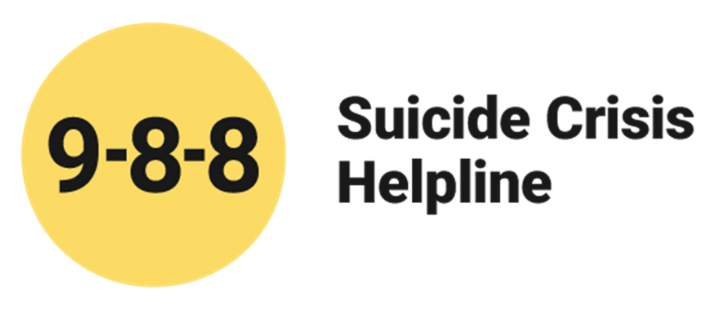No mobile information will be shared with third parties/affiliates for marketing/promotional purposes. Information sharing to subcontractors in support services, such as customer service is permitted. All other use case categories exclude text messaging originator opt-in data and consent; this information will not be shared with any third parties. Please see our privacy policy linked here […]Continue readingWill my information be shared with third parties for marketing or promotional purposes?
FAQs
Who can make referrals to Here 24/7?
Anyone can make a referral to Here 24/7. We accept referrals from people looking for services for themselves, family members, healthcare providers, social service providers, and anyone else you can think of. Regardless of where a referral comes from, we’ll always need to talk to the person needing services (or their substitute decision maker) to […]Continue readingWho can make referrals to Here 24/7?
When is Here 24/7 the busiest?
While predicting when a crisis service is the busiest is hard, we do see some trends. Typically we are busiest Monday-Friday, 11am-3pm. We also see a spike in service requests overall in January of each year.
Where can I find information about addictions or mental health issues or conditions?
There is a wide variety of information available on addictions and mental health issues or conditions. Here are some places that offer credible information: Centre for Addiction and Mental Health Canadian Mental Health Association – Ontario eMentalHealth.ca
How do I get to see a Psychotherapist?
Registered Psychotherapists assess mental health care needs and provide different therapy or counselling services. This often includes teaching skills that support recovery and improve well-being. Some psychologists specialize in a particular therapy approach, mental health concern or population group. Psychotherapists cannot prescribe medication. Not just anyone can call themselves a psychotherapist anymore. As of December 31, […]Continue readingHow do I get to see a Psychotherapist?
How do I get to see a Psychologist?
Psychologists assess mental health care needs and provide different therapy or counselling services. This often includes teaching skills that support recovery and improve well-being. Some psychologists specialize in a particular therapy approach, mental health concern or population group. Psychologists cannot prescribe medication. To find a Registered Psychologist, visit the College of Psychologists of Ontario . […]Continue readingHow do I get to see a Psychologist?
How do I get to see a Psychiatrist?
Psychiatrists are specialist medical doctors who have received specialized training in diagnosis and treatment of mental health conditions (such as psychotherapy and medication treatment). Some work in hospitals or mental health agencies. They may also work on their own in “private practice.” Because physicians are publicly-funded and covered by the Ontario Health Insurance Plan (OHIP), […]Continue readingHow do I get to see a Psychiatrist?
Why do I have to wait for services?
We know waiting for ongoing addictions and mental health services is incredibly challenging. All of our partners are working hard to try and serve everyone who reaches out for help. Unfortunately, there are some services that are at capacity or over capacity and do require you to wait before you can get to them. Most […]Continue readingWhy do I have to wait for services?
How long will I wait for someone to answer the phone?
Typically, Here 24/7 staff answer calls within a few minutes. We try hard to have adequate staff available to meet changing service needs, although predicting when someone may experience a crisis can be hard. There may be some times where you wait more than a few minutes for us to answer. We know this isn’t […]Continue readingHow long will I wait for someone to answer the phone?
What’s the difference between an addictions/mental health CRISIS and an addictions/mental health EMERGENCY
What is an Addictions/Mental Health CRISIS An addiction and/or mental health crisis often means that you no longer feel able to cope or be in control of your situation. You may feel overwhelming emotional distress or anxiety, cannot cope with day-to-day life or work, think about suicide or self-harm, increase your use of substances, feel […]Continue readingWhat’s the difference between an addictions/mental health CRISIS and an addictions/mental health EMERGENCY


 CMHA Waterloo Wellington, the lead agency for Here 24/7 is a proud partner in 9-8-8 Suicide Crisis Helpline.
CMHA Waterloo Wellington, the lead agency for Here 24/7 is a proud partner in 9-8-8 Suicide Crisis Helpline.